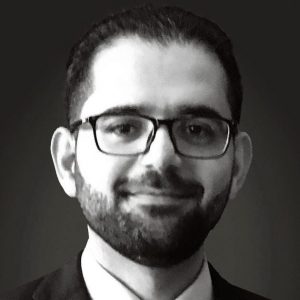What Is and What Should Never Be: Corporate and Digital Specters that Threaten Fundamental Freedoms
 Neville Rochow QC is an Australian Barrister, Associate Professor (Adjunct) at the University of Adelaide Law School, and a member of Anthony Mason Chambers in Adelaid
Neville Rochow QC is an Australian Barrister, Associate Professor (Adjunct) at the University of Adelaide Law School, and a member of Anthony Mason Chambers in Adelaid
Corporations are notorious for their bad behavior in the pursuit of profits [1] and the need for laws to regulate them [2]. In relation to religious and other freedoms, where corporations have any influence upon their exercise, laws and regulatory regimes could work to enhance the enjoyment of rights and freedoms. But there are legal and regulatory measures that just should not be undertaken since they diminish that enjoyment. The distinctions between what can be done and what should not be done, what is and what should never be, have become all the more important as our lives are increasingly ruled by corporate powers and now their digital servants.
As to potential impact, consider the instance of what happens to religious freedom when an algorithm in the emergency room computer decides whether or not to administer a blood transfusion. If nothing in the program asks a question whether the patient is a faithful Jehovah’s Witness, the machine will decide the question without consultation on religious faith. Religious freedom is rendered irrelevant.


